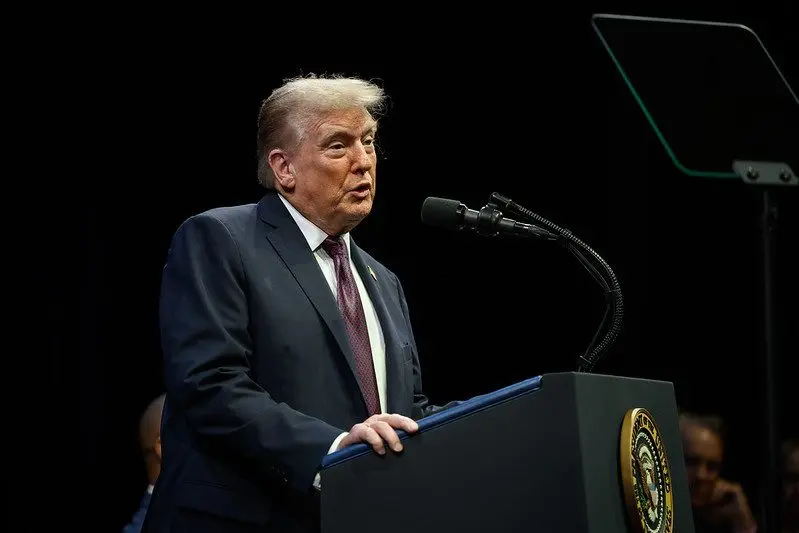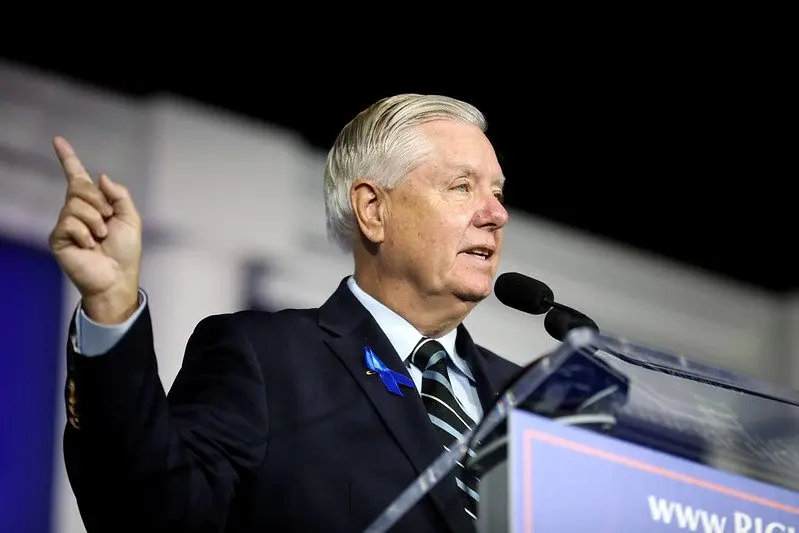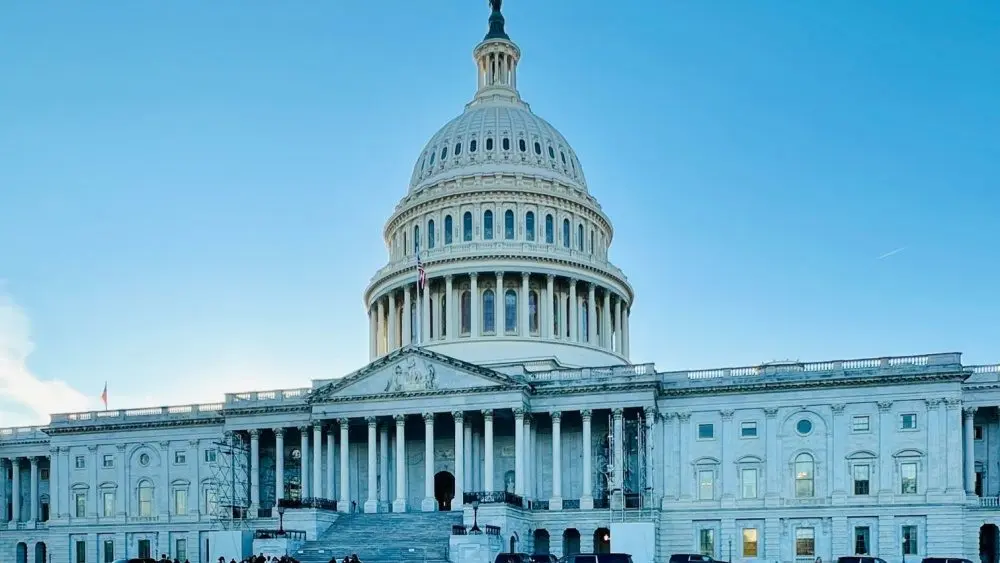WASHINGTON, D.C. – Immigration attorneys asked a federal appeals court Wednesday to restore two injunctions against the Trump administration’s move to suspend refugee processing and to reinstate funding for refugee resettlement.
Attorneys from the International Refugee Assistance Project pushed for three judges on the 9th U.S. Circuit Court of Appeals to lift a stay the court issued earlier this year that narrowed a ruling from a district court judge in Washington state.
That stay allowed the Trump administration to continue blocking refugees, but said the processing for individuals conditionally approved for refugee status must continue, despite a more favorable ruling for the immigration groups at the district court level.
Earlier this year, a district court in Seattle issued two preliminary injunctions, one to block the Trump administration from ending the U.S. Refugee Admissions Program and another to resume funding to refugee assistance organizations. The judge found the president exceeded his authority in trying to end a program established by Congress.
Melissa Keaney, a senior IRAP attorney, said during Wednesday’s oral arguments that failing to restore the program and funding would upend the half-century-old legal framework for refugee resettlement and those it is meant to serve.
“What is at stake are the lives of thousands of refugees for whom Congress devised a careful plan for their effective resettlement that’s been in place for 50 years,” Keaney said.
Day 1 executive order dismantled refugee program
The suit challenges President Donald Trump’s January executive order that suspended all refugee admission and processing, as well as funding for organizations that handle resettlement in the United States.
Three groups that had their cooperative resettlement agreements with the State Department terminated are plaintiffs in the suit — Church World Service, Lutheran Community Services Northwest and the Hebrew Immigrant Aid Society, or HIAS.
“With one stroke of his pen, the president has elected to dismantle it all, causing overwhelming and irreparable harm to refugees stranded abroad, their families who are awaiting reunification, and the states and localities that have planned for their arrival,” Keaney said.
Arguing on behalf of the Trump administration, Justice Department attorney Tiberius Davis said the Refugee Act allows the president to set caps on refugees and to determine who is allowed to be admitted into the country.
“The president here made a finding that it was against the national interest because of the unprecedented surge of migration over the last four years, and because of the burden that placed on localities and on taxpayer funds,” Davis said.
The panel of three judges that heard oral arguments were Kenneth Kiyul Lee, Jay S. Bybee and Richard R. Clifton. Former President George W. Bush nominated Bybee and Clifton. Trump nominated Lee.
128,000 refugees waiting to enter
The judges questioned the indefinite nature of the proclamation, which allows the president to make a determination every 90 days whether to continue suspending refugees’ admissions.
“If we don’t know when the proclamation will end, what’s the justification for stopping the processing for people who, … at least in theory, in six months, the door may be opened again, but since nobody has been processed, nobody will actually be standing in line,” Clifton said.
Davis said that 128,000 refugees have been processed and would be waiting to enter the U.S.
Clifton asked why processing of refugees should be stopped completely.
Davis said the State Department doesn’t believe it’s efficient to “start processing a bunch of people who won’t have any chance of getting in until the president determines that.”
Bybee said processing refugees is different than allowing them to enter the U.S.
“The (executive order) covers admission, it doesn’t cover processing or applications,” Bybee said. “The Refugee Act provides a very, very detailed set of instructions about how we designate refugees and how we ultimately admit them.”
Davis said that “if you can’t get admitted, there’s not really much of a remedy.”
Refugee resettlement services
Davis gave a similar answer about why resettlement services for refugees were suspended, saying the State Department suspended them because “it didn’t make sense to continue providing funds when no new refugees would be admitted.”
Lee asked if there are refugees admitted into the U.S. who would be eligible for resettlement services.
Davis said some of the lead plaintiffs in Wednesday’s suit have gotten services and that the cancellation of grants was for future services.
“A lot of the money has already gone out throughout the year, and the government has committed to paying for any work that’s already been done,” Davis said. “It’s just terminated individual grants going forward.”
Lee asked if those resettlement funds were mandatory under a federal law authorizing funding for refugee services, but Davis said the Trump administration’s reading of the statute is that the funds are discretionary.
“So you say, ‘You got into the United States, good luck?’” Bybee asked.
Davis said the secretary of State has the authority to make that determination.
Clifton pushed back and said the statue says the federal government “shall” provide refugee resettlement services.
“We’ve got a congressional act which says this is what the government should do,” Clifton said. “Where does that give the government discretion to decide we don’t want to do it anyway?”
Order subverted law, immigration attorney says
Linda Evarts, senior IRAP attorney said Trump’s executive order overrode Congress’ authority, which created the refugee program.
She added that by suspending refugee services the executive order also violates the Refugee Act because the law entitles qualified refugees to certain resettlement services such as job training.
“The act has two main objectives,” Evarts said. “One: To provide a permanent and systematic procedure for admitting refugees of special humanitarian concern to the United States. And two: To provide comprehensive and uniform provisions for the effective resettlement of those admitted refugees.”
Bybee asked if Congress allows the president to set caps on the number of refugees admitted in a year, why Trump couldn’t set the cap at zero.
Evarts answered that would effectively kill the program Congress created.
“That would be directly contrary to Congress’s system, to have a permanent and systematic way for admitting refugees into this country and providing for them once here,” Evarts said.
This story first appeared on Washington State Standard.





